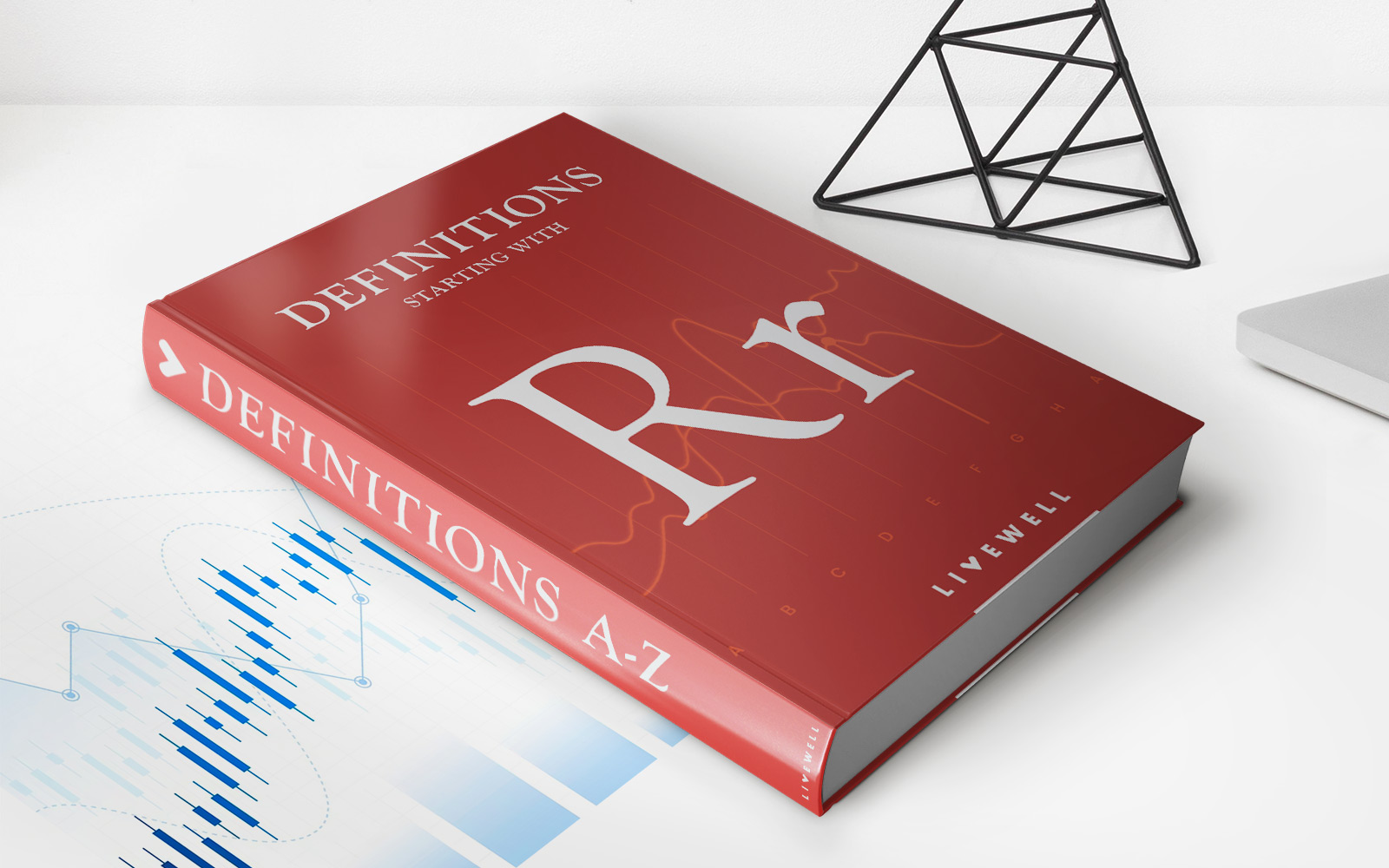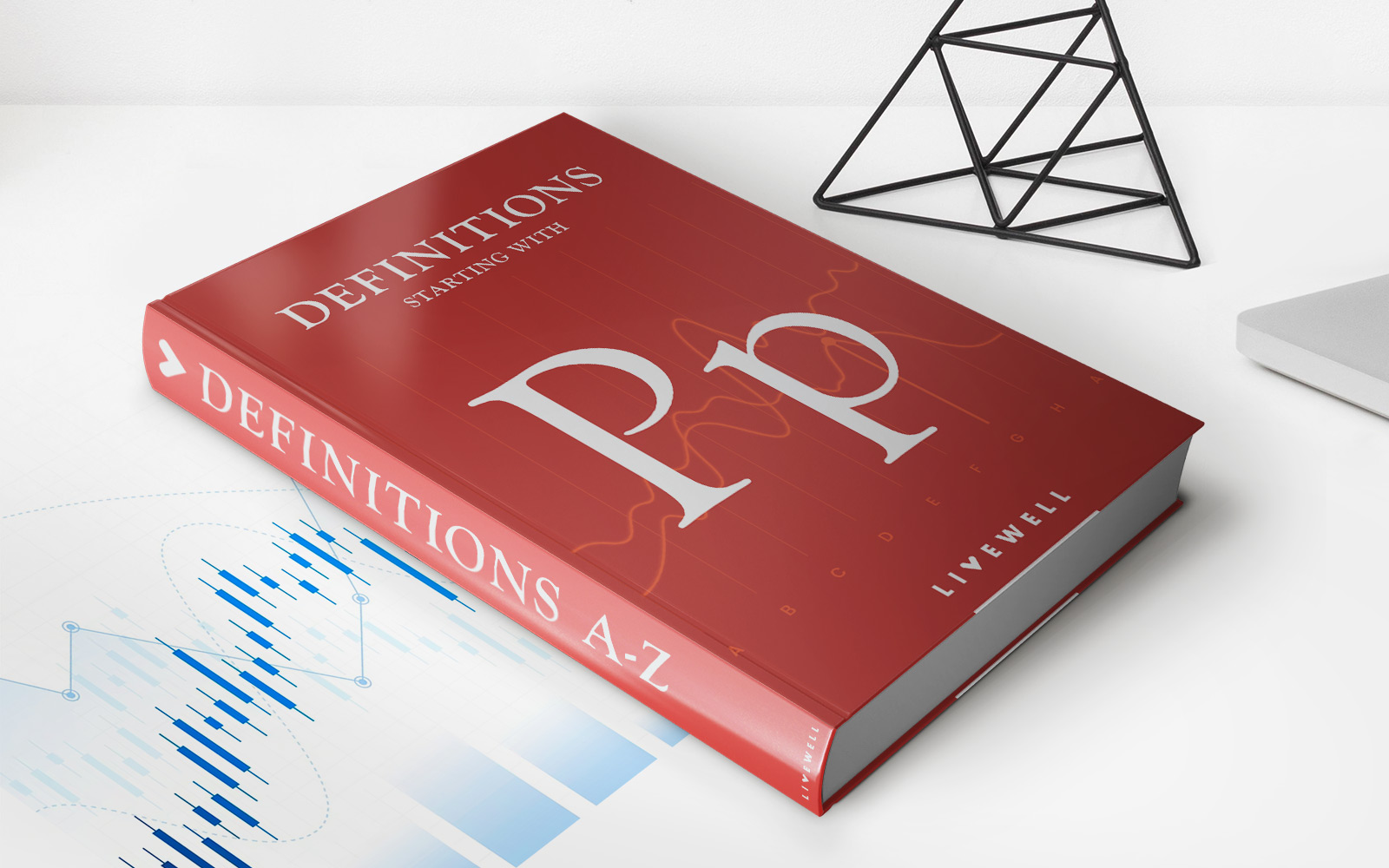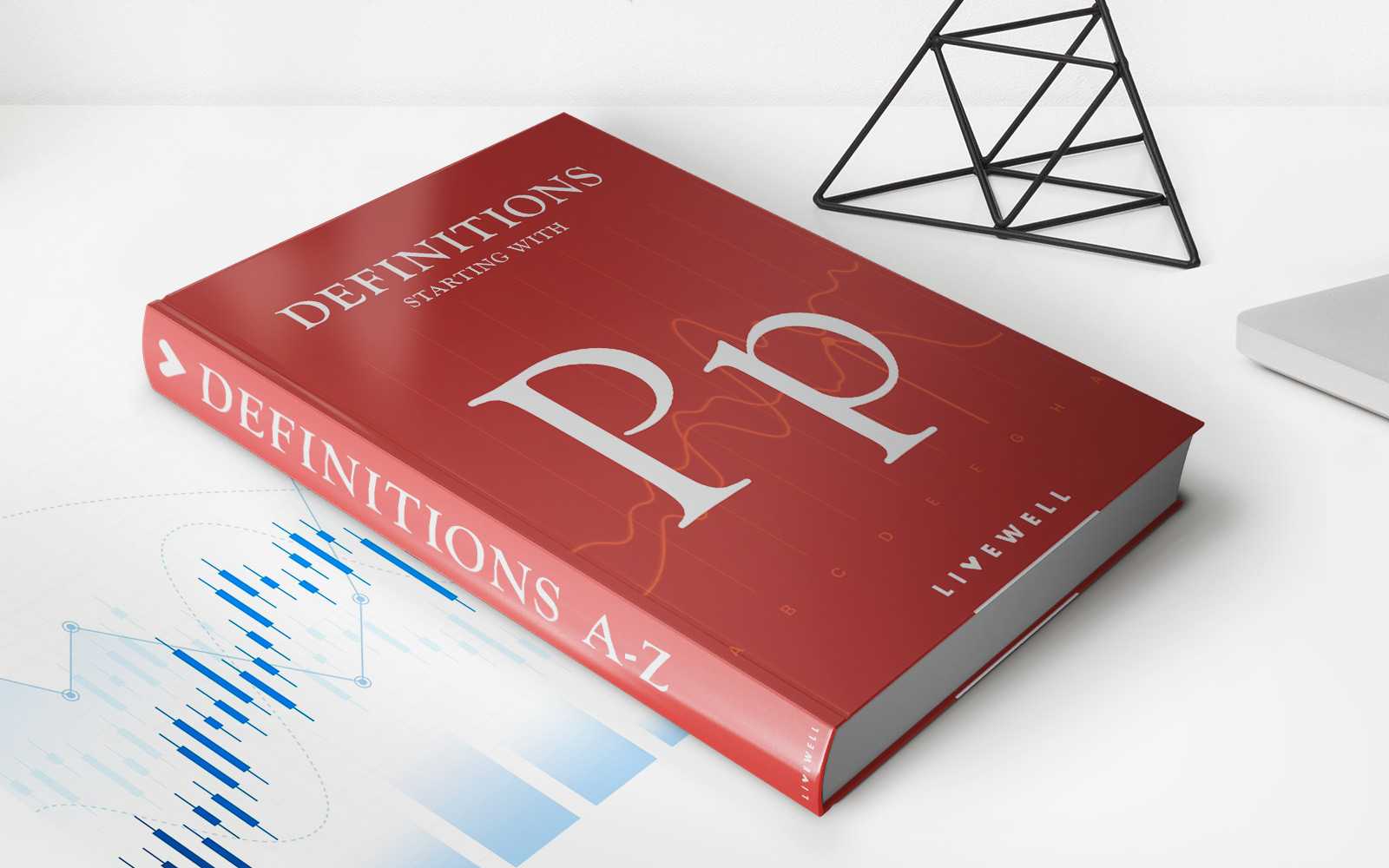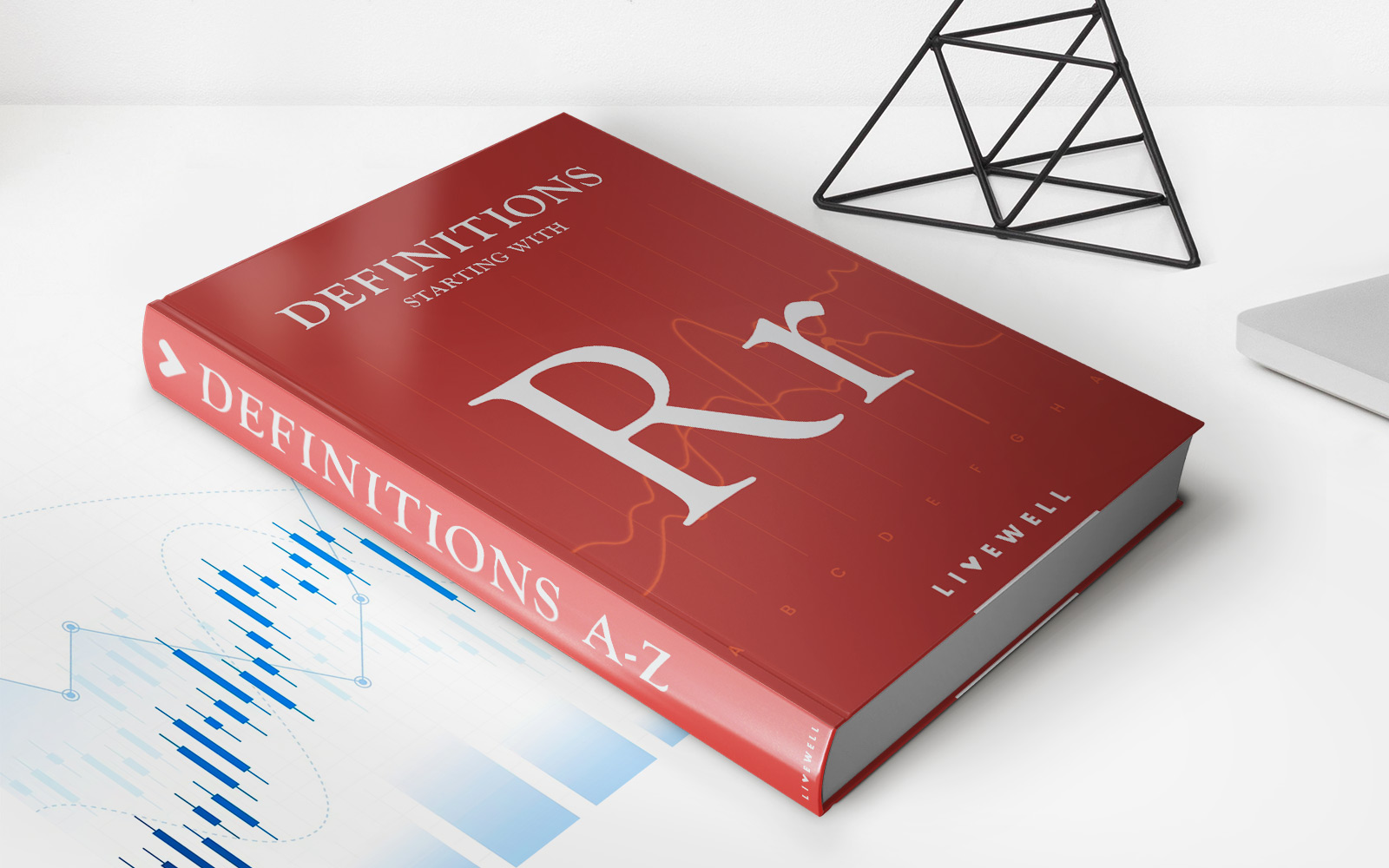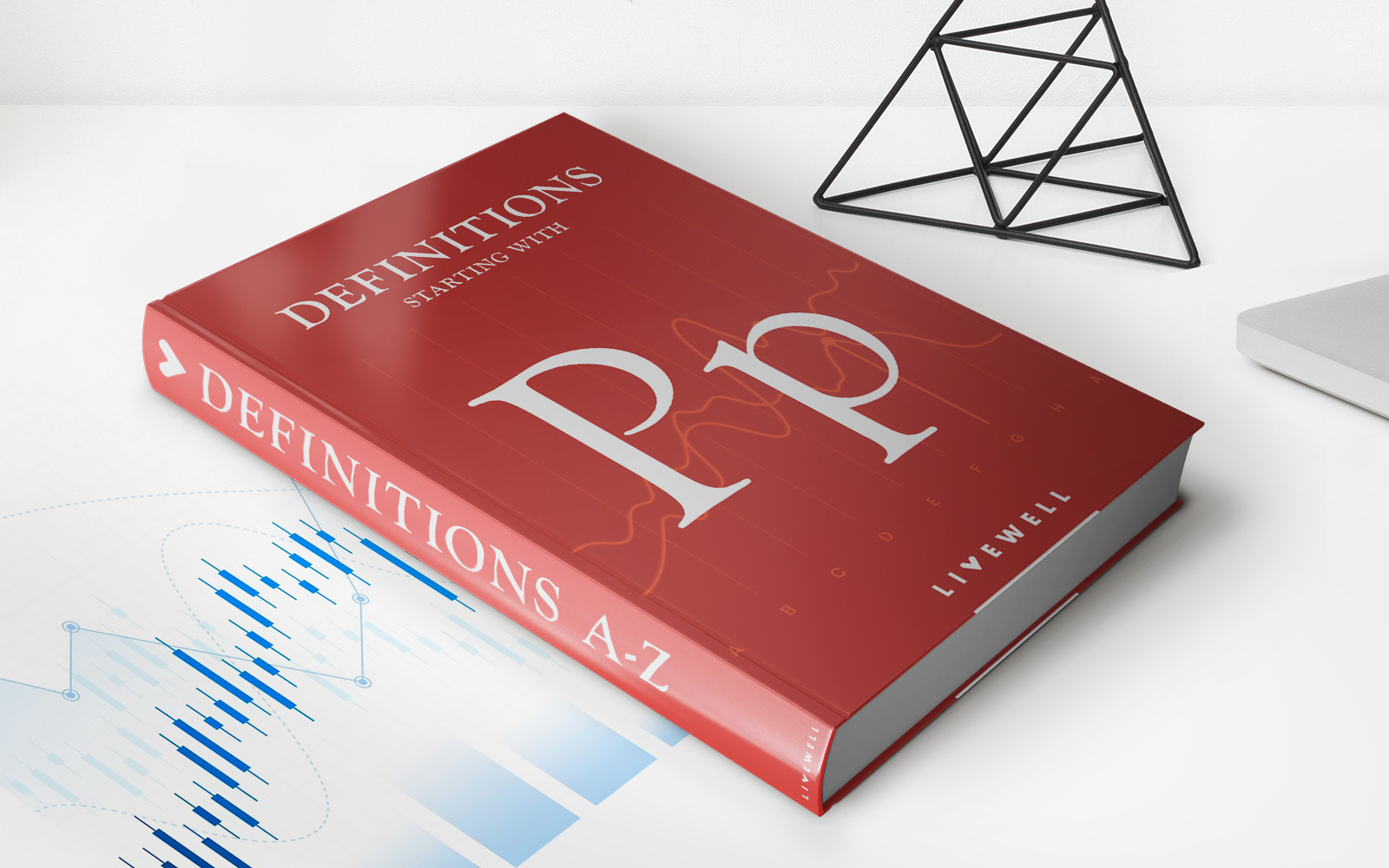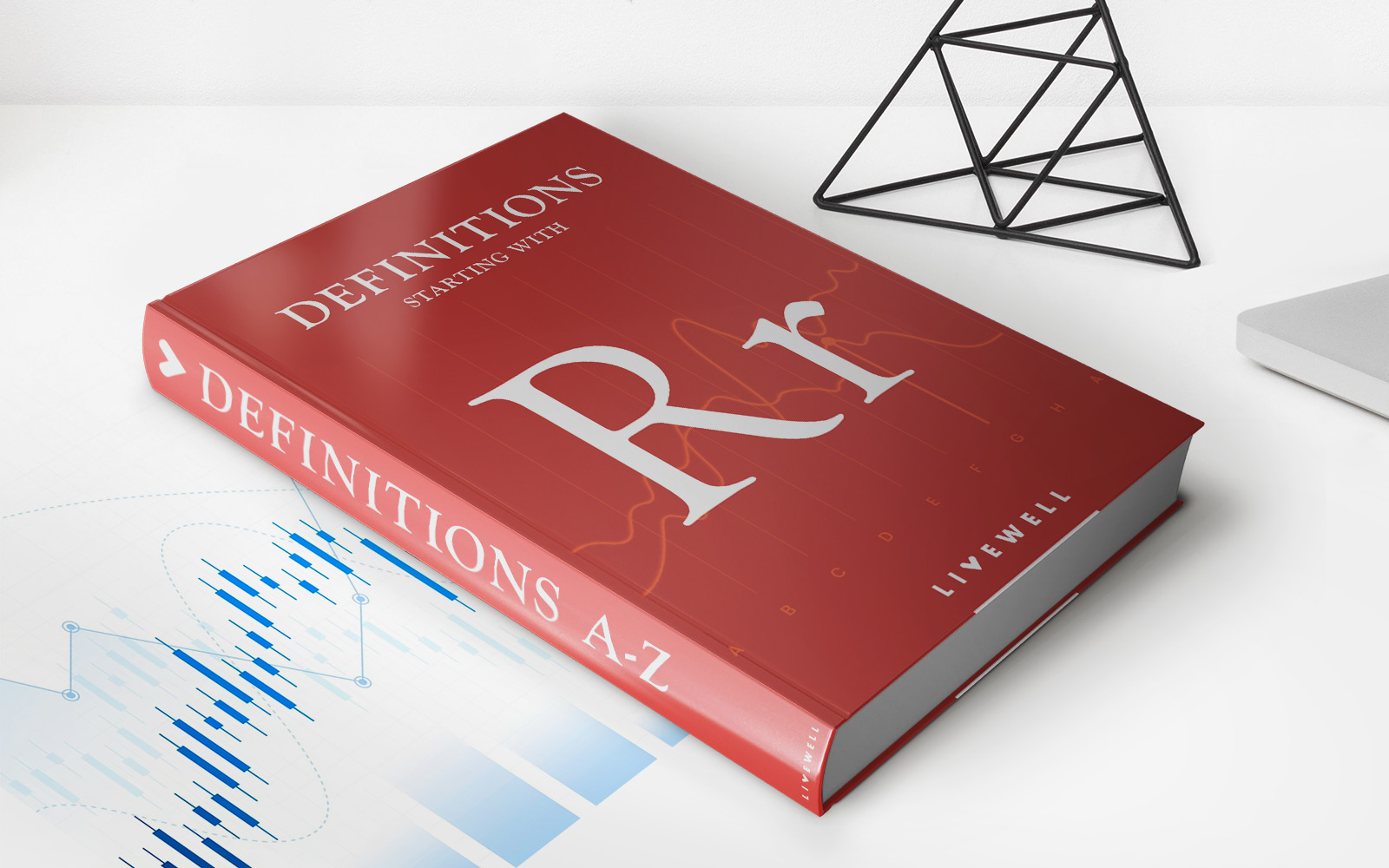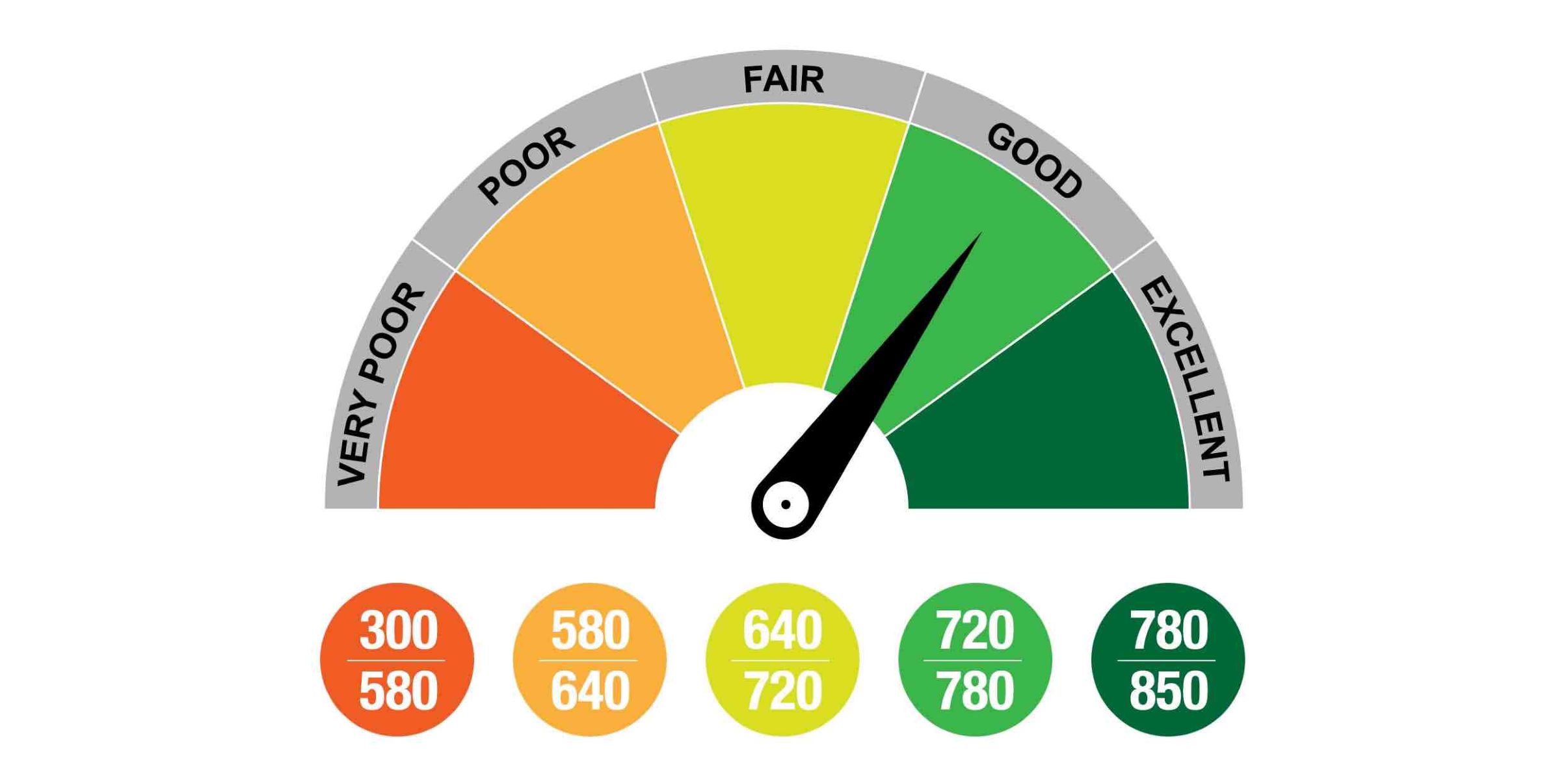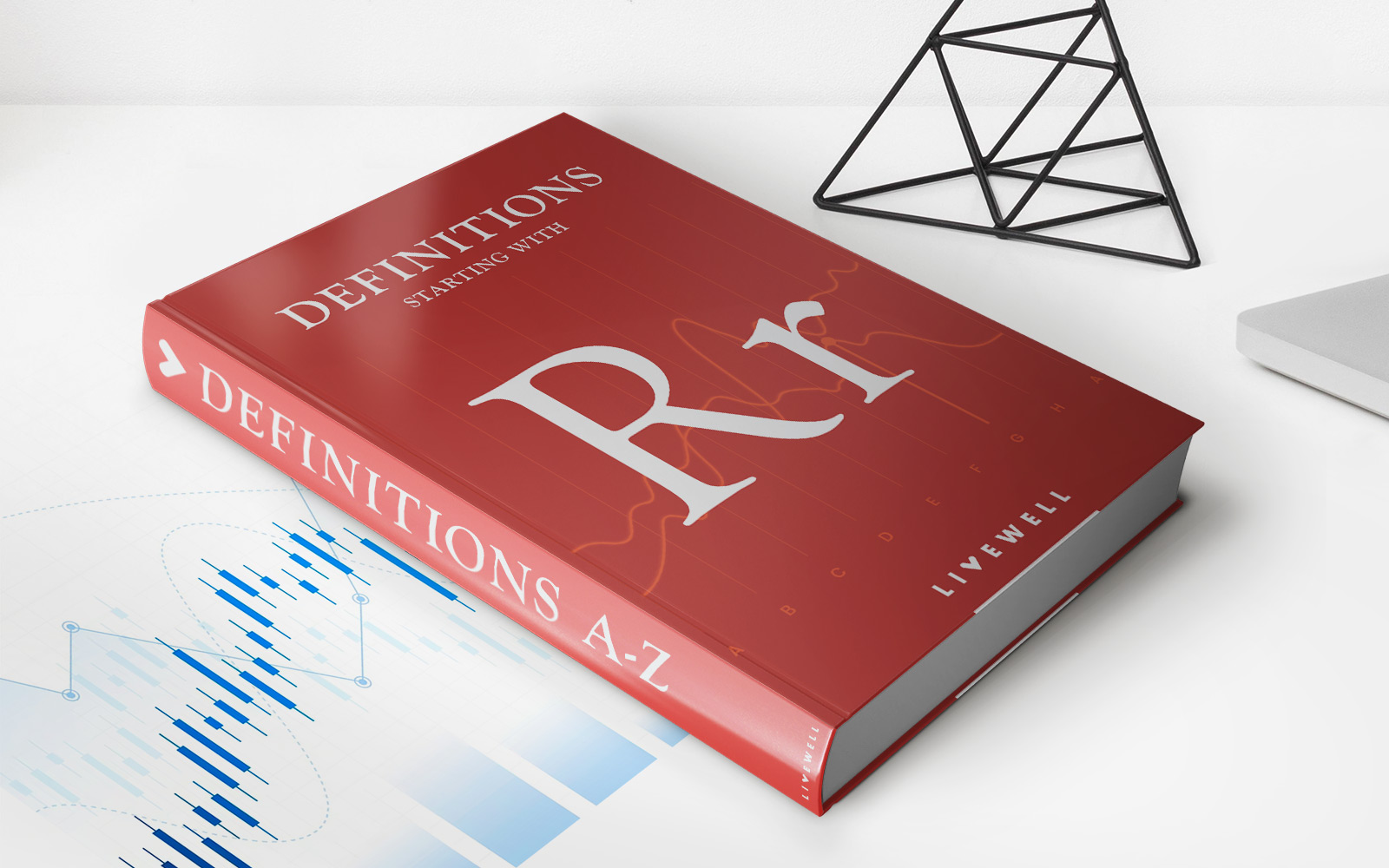

Finance
Replacement Property Definition
Published: January 19, 2024
Discover the definition of replacement property in finance. Learn how it can benefit your investment strategy and maximize your financial gains.
(Many of the links in this article redirect to a specific reviewed product. Your purchase of these products through affiliate links helps to generate commission for LiveWell, at no extra cost. Learn more)
The Definition of Replacement Property and Its Importance in Finance
If you’re interested in exploring the world of finance, you’ve come to the right place! In today’s blog post, we’ll be diving into the concept of replacement property, an essential term that every finance enthusiast should understand. So, what exactly is replacement property and why is it important? Let’s find out!
Key Takeaways:
- Replacement property refers to an investment or asset acquired to replace another property that has been sold or disposed of.
- This concept is crucial in finance as it allows individuals and businesses to defer capital gains taxes through the process of a 1031 exchange.
Understanding Replacement Property
At its core, replacement property is an investment or asset that is acquired to replace another property that has been sold or disposed of. This concept plays a significant role in finance, particularly in the context of a 1031 exchange.
A 1031 exchange, also known as a like-kind exchange, allows individuals and businesses to defer capital gains taxes when they exchange one investment property for another similar property. To qualify for a 1031 exchange, the property being sold (referred to as the “relinquished property”) must be replaced with another property (the “replacement property”) of equal or greater value within a specific timeframe.
The key advantage of utilizing a 1031 exchange and acquiring replacement property is the ability to defer capital gains taxes. By effectively rolling over the gain from the sale of the relinquished property into the replacement property, investors can defer paying taxes until they eventually sell the replacement property for cash.
The Importance of Replacement Property in Finance
The concept of replacement property is crucial in finance for several reasons. Here are two key takeaways that highlight its importance:
- Capital Gains Tax Deferral: One of the main advantages of using replacement property is the ability to defer capital gains taxes. By exchanging the relinquished property for a replacement property, investors can defer the taxes that would otherwise be payable in a traditional sale. This enables individuals and businesses to preserve and reinvest their capital more efficiently.
- Asset Diversification and Wealth Building: Replacement property also provides an opportunity for asset diversification. By exchanging one property for another, investors can potentially enter different markets, acquire properties with better potential for growth or income, and build a more diversified real estate portfolio. This can contribute to long-term wealth building and risk mitigation strategies.
In conclusion, replacement property is a fundamental concept in finance, particularly when it comes to a 1031 exchange. Understanding this concept offers individuals and businesses the ability to defer capital gains taxes, preserve capital, and strategically build a more diversified real estate portfolio. So, the next time you ponder the world of finance, be sure to keep replacement property in mind!
